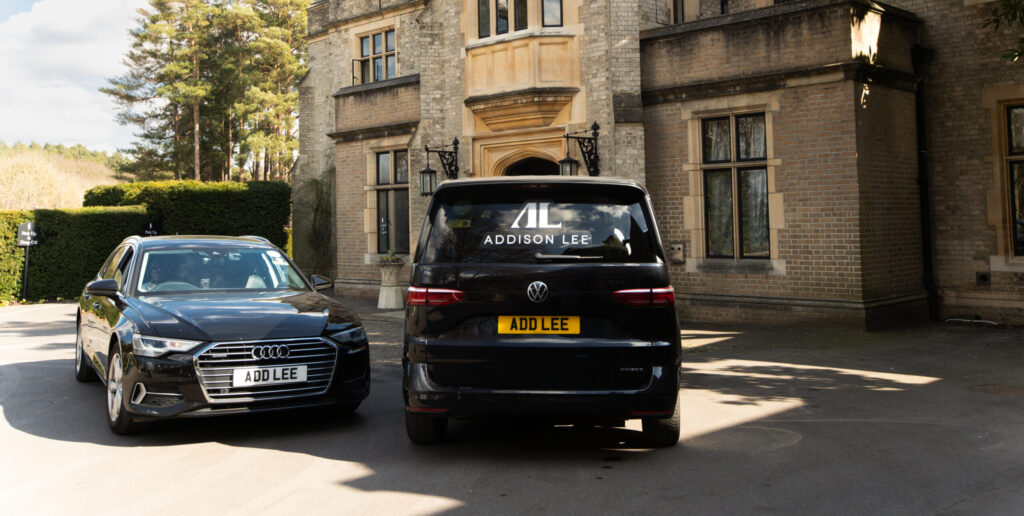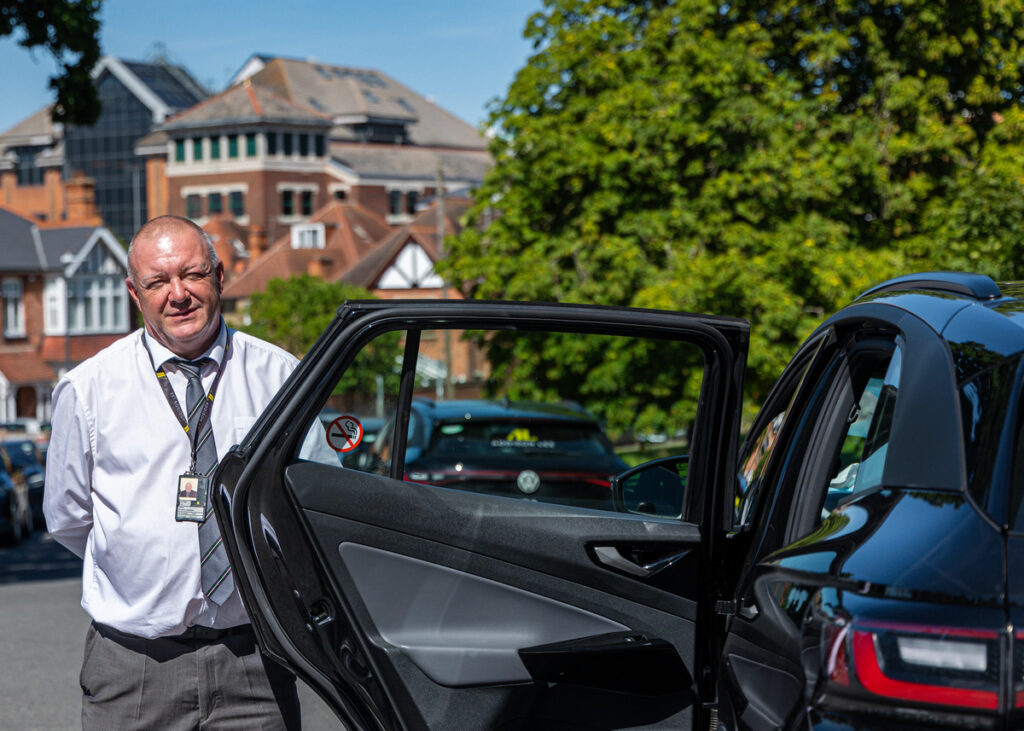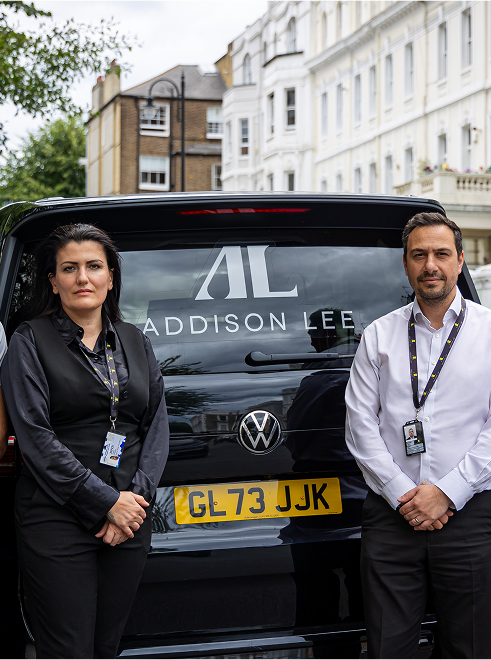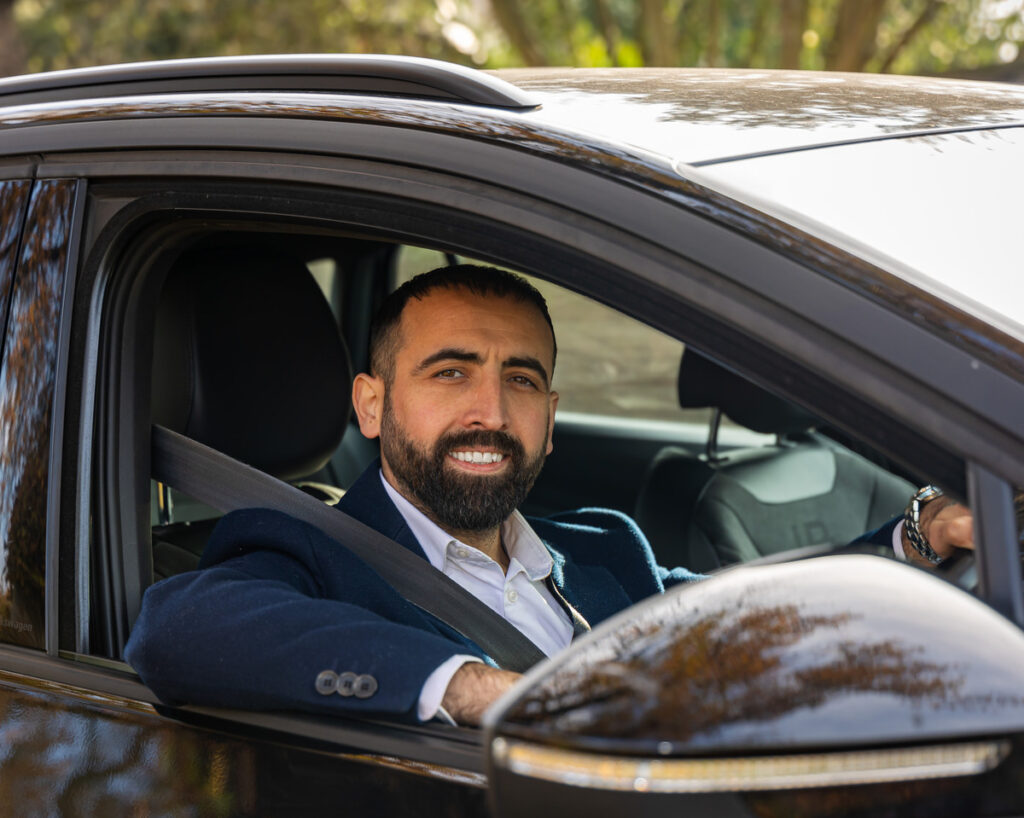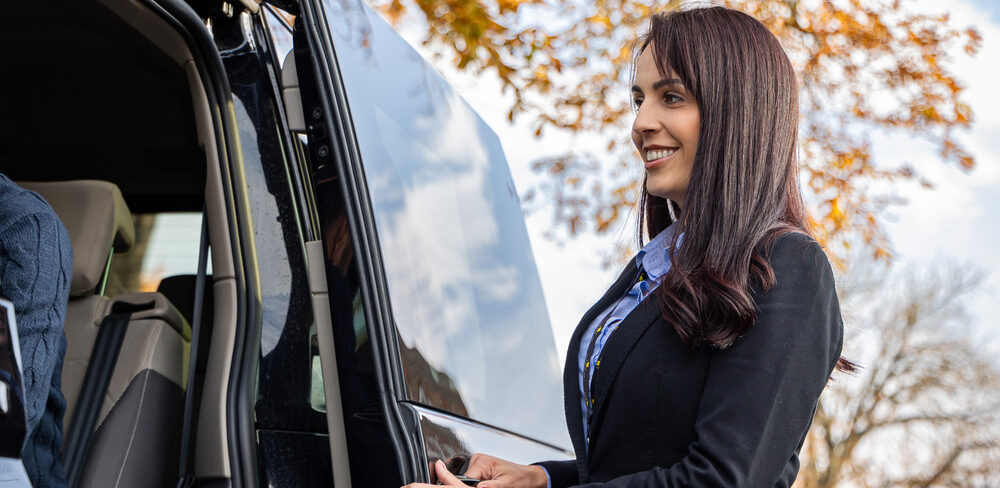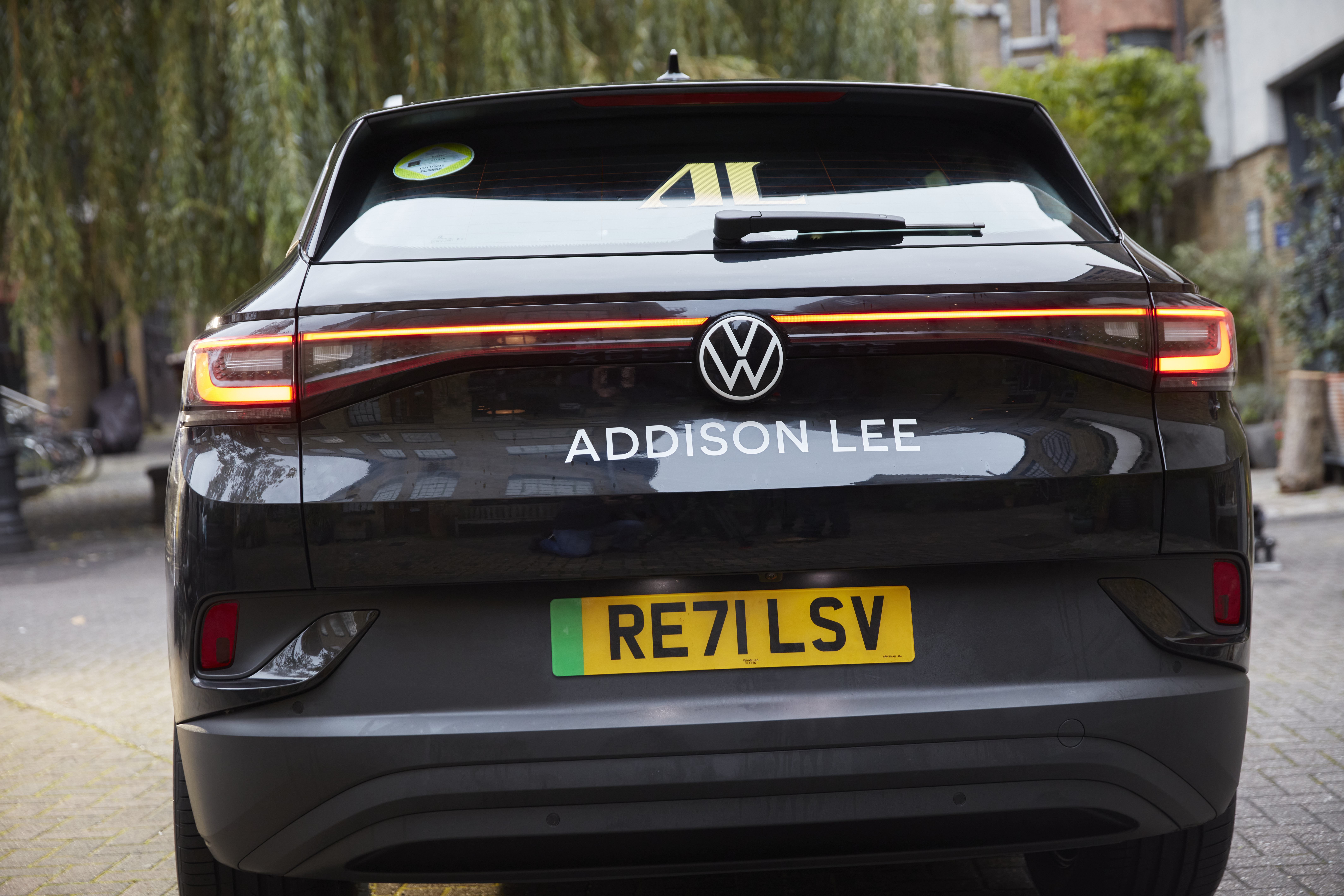
Addison Lee calls for urgent investment in London’s public charging network to help meet the capital’s net zero 2030 target, as its first electric vehicles hit London’s streets
- Addison Lee introduces the first 100 – out of its 4,000 – electric vehicles (EVs) into its fleet. En route to a fully electric fleet by 2023, the transition is estimated to eventually remove 20,000 tonnes of CO2 from London’s roads each year.
- Initial data from London’s largest private hire and taxi provider shows insufficiency, inefficiency, and inconsistency in the capital’s charging infrastructure as a major barrier to successful industry-wide electrification.
- According to a survey conducted among the first drivers of the Addison Lee EVs, 93% have not found rapid charging through the public network to be an easy process.
- The firm commits to sharing data and learnings from its ongoing EV rollout to help the government, TfL, private sector, and industry plan for wider electrification to meet London’s net zero 2030 target.
London, 9 December 2021: Addison Lee has called for urgent investment in London’s public charging network, after data from the introduction of the first EVs onto its fleet showed key issues with the capital’s charging infrastructure.
Since the first Volkswagen ID.4s were introduced into the fleet on Monday 22nd November – the start of the transition to a fully-electric fleet by 2023 – Addison Lee’s data has revealed insufficiency, inefficiency, and inconsistency in the public charging network.
According to a survey conducted among the first drivers of the Addison Lee EVs, 93% have not found rapid charging through the public network to be an easy process. Drivers revealed that rapid chargers are often found to be broken or damaged (57%), while over a third (37%) agreed that it can tend to take them over 30 minutes to locate a rapid charger.1
Without the right support, these issues pose a challenge to the PHV and taxi industry’s adoption of electric, and their ability to positively contribute to the Mayor of London’s 2030 net zero carbon target. Addison Lee has therefore offered to share its data and learnings from its transition to help tackle these varying infrastructure challenges. The firm is also supporting the drivers it works with through home charging, partnering with JustPark and Octopus Energy earlier in the year to provide an innovative solution to drivers who don’t have access to on-street, viable charging.
In moving to an all-electric fleet, Addison Lee will soon be the only PHV fleet operator in London that can fully support businesses to achieve their internal net zero pledges, helping them to significantly reduce their carbon footprint. The electrification of its full 4,000 strong fleet by 2023 will remove an estimated 20,000 tonnes of CO2 from London’s roads each year, improving London’s air quality, while positively contributing to the Mayor of London’s 2030 net zero carbon target. While the shift takes place, Addison Lee will continue to offset journeys that take place in its non-electric fleet.
Addison Lee’s support for improving London’s charging infrastructure
Private hire and taxi drivers across the industry will soon rely on the capital’s overextended rapid charging network. Transport for London (TfL) has estimated that London will need almost 4,000 rapid EV charging points by 2030 but currently just over 600 are in place2, which are not available to all EV owners. Previous independent research shows that if London’s private hire vehicle and taxi fleets shift to full EV then approximately 8,500 rapid chargers are required in the capital3. Similarly, research published by the Society of Motoring Manufacturers and Traders (SMMT) earlier this week demonstrates that availability of public charging points is far behind the sale of electric vehicles, with only one point installed for every 52 EVs sold.
Based on data from the first EVs included in its fleet, Addison Lee cites that the lack of infrastructure in the capital is creating challenges for industry-wide rollout of electric vehicles. It warns that an absence of sufficient, working charging points (insufficiency), a failure to maximise the utilisation of each charging point (inefficiency), and the uneven location spread in the public charging network (inconsistency), risk compromising the ability of other fleets in the capital to make the transition to EVs.
The firm calls for the public and private sector to come together to urgently address these issues, focusing on three critical areas:
- Swiftly ramping up the number of rapid public charging points in London to 8,500, so electric fleets can operate effectively and without interruption.
- Removing inefficiency from the network by ensuring all charging points are utilised to full capacity. In particular, where dedicated and single manufacturer chargers exist TfL, and private operators could release data and information to allow other vehicles to access them when they are not in use.
- Tackling inconsistencies in infrastructure provision across London by ensuring that there are enough charging points in every London borough.
To play its part in addressing these challenges, Addison Lee will share data and learnings from its own EV rollout across the capital, including insight into the specific infrastructure challenges it faces. In providing this information, the firm hopes to help transport planners build a charging infrastructure that is fit for the future and can support electrification across the private hire and taxi industry, and beyond.
Addison Lee’s CEO, Liam Griffin, commented: “COP26 was a clear reminder of the responsibility every business has to reduce its carbon output and tackle the climate crisis. By pledging to electrify by 2023 we are playing our part in reducing carbon emissions and improving air quality in the capital. But our commitment is not enough. To meet London’s 2030 net zero carbon target, every fleet operating in London needs to transition to electric as quickly as possible.
“To achieve this requires urgent investment in London’s public charging network. Our experience of our EV rollout so far has highlighted the huge infrastructure challenge we face as a city. Unless we can work together to fix this, we will never reduce carbon emissions to an acceptable level in the capital. Addison Lee is ready to come to the table and share its own data and learnings to help overcome barriers to electrification for all business fleets in London.”







